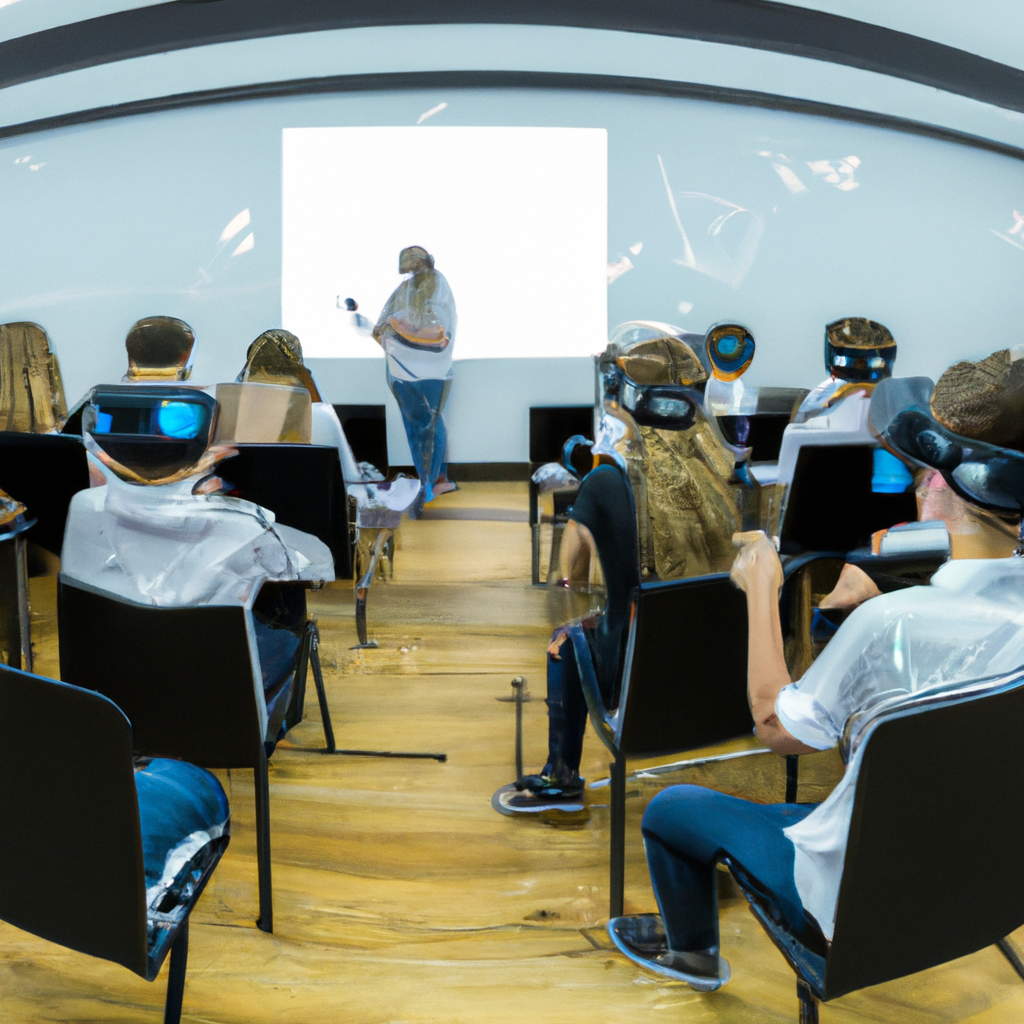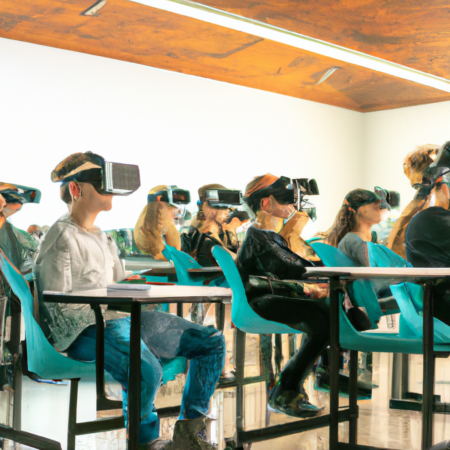Maximizing Learning Efficiency: Strategies for 2025
In an era where information overload is more prevalent than ever, mastering the art of effective learning is crucial. As we move into the second quarter of 2025, new methodologies and tools have emerged, making it essential for individuals and organizations to update their learning strategies to stay competitive.
Understanding Cognitive Load
The concept of cognitive load refers to the amount of mental effort being used in the working memory. In educational design, understanding and managing cognitive load can significantly enhance learning efficiency. Techniques like segmenting information into smaller, manageable chunks and using mixed media can help in reducing cognitive overload, making learning more effective.
Leveraging Technology
By 2025, AI-driven platforms and virtual reality (VR) environments have become more sophisticated, providing personalized learning experiences that adapt to the learner’s pace and style. Utilizing these technologies can dramatically improve engagement and retention rates.
Effective Time Management
Time management continues to play a crucial role in learning. Techniques such as the Pomodoro Technique or the 80/20 rule can help learners focus on what’s most important, thereby maximizing productivity.
Mental and Physical Health
There’s a strong link between physical health and learning efficiency. Regular exercise, proper nutrition, and adequate sleep contribute significantly to cognitive function, which in turn enhances learning capacity.
Continuous Feedback
Real-time feedback is vital for adaptive learning environments. By 2025, more tools have integrated capabilities to provide instant feedback, helping learners identify areas that need improvement and adjust their strategies accordingly.
Conclusion
As we adapt to the evolving educational landscape in 2025, embracing these strategies will be key to enhancing learning efficiency. By understanding cognitive load, leveraging new technologies, managing time effectively, maintaining health, and utilizing feedback, individuals and organizations can achieve greater learning outcomes.






